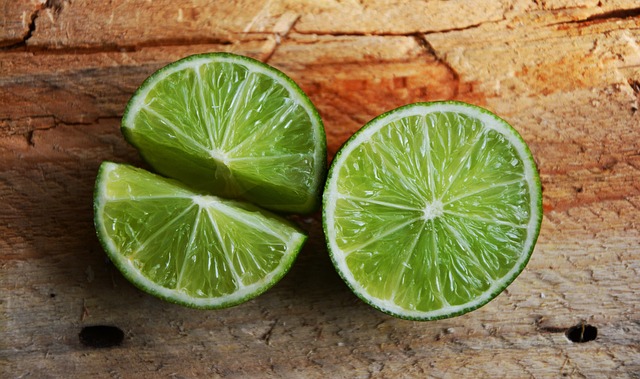When it comes to gut health, there’s a lot of buzz about probiotics and prebiotics. Both play important roles in keeping your gut in tip-top shape, but they’re not the same thing. So, what’s the difference between probiotics and prebiotics, and why does it matter?
Probiotics: Live Bacteria for Your Gut
Probiotics are living microorganisms that are found in certain foods or supplements. These microorganisms are similar to the beneficial bacteria that naturally live in your gut (also known as your intestinal microbiota or gut flora). When you consume probiotics, they can help to improve your gut health by supporting the growth of beneficial bacteria and improving the balance of bacteria in your gut.
Some of the most common types of probiotics include:
- Lactobacillus acidophilus
- Bifidobacterium lactis
- Lactobacillus plantarum
- Streptococcus thermophiles
Probiotics can be found in a variety of foods, including:
- Yogurt
- Kefir
- Sauerkraut
- Kimchi
- Miso
Probiotic supplements are also available in capsule, powder, or liquid form. These supplements may contain one or several strains of probiotics.
Research has suggested that probiotics may help to improve digestive health, boost the immune system, and even improve mental health. However, more research is needed to determine the full extent of their benefits.
Prebiotics: Food for Your Gut Bacteria
While probiotics are living microorganisms, prebiotics are a type of fiber that acts as food for the beneficial bacteria in your gut. When you eat foods that contain prebiotics, such as certain types of fruits and vegetables, your gut bacteria can use the prebiotics as fuel to grow and multiply.
Some of the most common types of prebiotics include:
- Fructooligosaccharides (FOS)
- Inulin
- Galactooligosaccharides (GOS)
Prebiotics can be found in a variety of foods, including:
- Bananas
- Asparagus
- Garlic
- Onions
- Chicory root
Prebiotic supplements are also available in capsule or powder form.
Research has suggested that prebiotics may help to improve digestive health, boost the immune system, and even improve bone health. However, more research is needed to determine the full extent of their benefits.
The Difference Between Probiotics and Prebiotics
The main difference between probiotics and prebiotics is that probiotics are live microorganisms, while prebiotics are a type of fiber.
Probiotics are introduced into the gut through food or supplements and help to support the growth and balance of beneficial bacteria. On the other hand, prebiotics act as food for the beneficial bacteria that naturally live in your gut, helping them to grow and multiply.
While the two are often discussed in the same context, they work in different ways to improve gut health. In fact, some experts suggest that combining probiotics and prebiotics may have an even greater impact on gut health than either one alone.
Why it Matters
Gut health is crucial to overall health and well-being. Your gut is home to trillions of bacteria, which play important roles in a variety of bodily functions, from digestion to immune system function. When the balance of bacteria in your gut is disrupted, it can lead to health problems such as digestive issues, infections, and even chronic diseases.
Probiotics and prebiotics can both help to improve gut health and support the growth of beneficial bacteria. By incorporating probiotic- and prebiotic-rich foods into your diet or taking supplements, you can help to maintain the balance of bacteria in your gut and potentially reduce your risk of certain health problems.
Conclusion
Probiotics and prebiotics are both important for maintaining a healthy gut, but they work in different ways. Probiotics are live microorganisms that support the growth of beneficial bacteria, while prebiotics act as food for the







